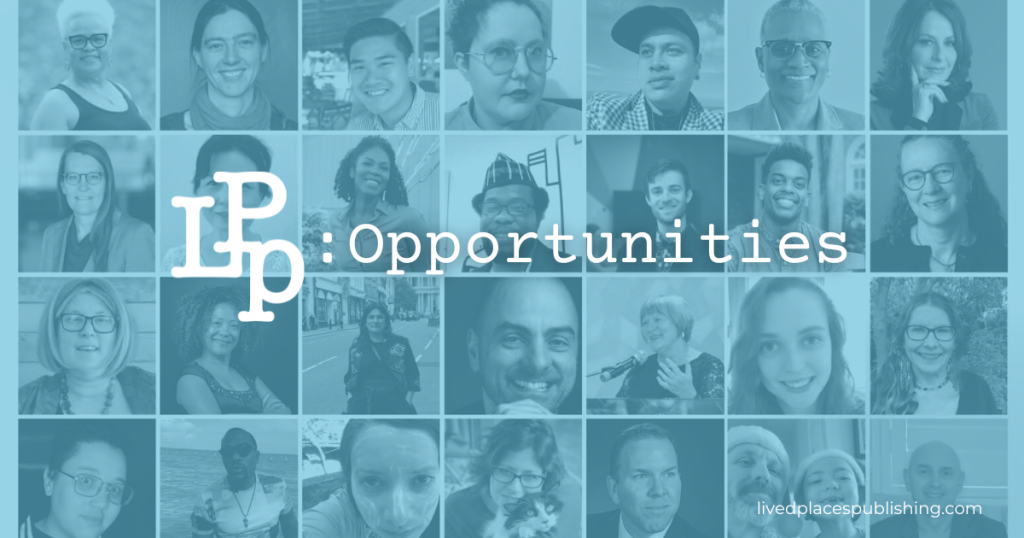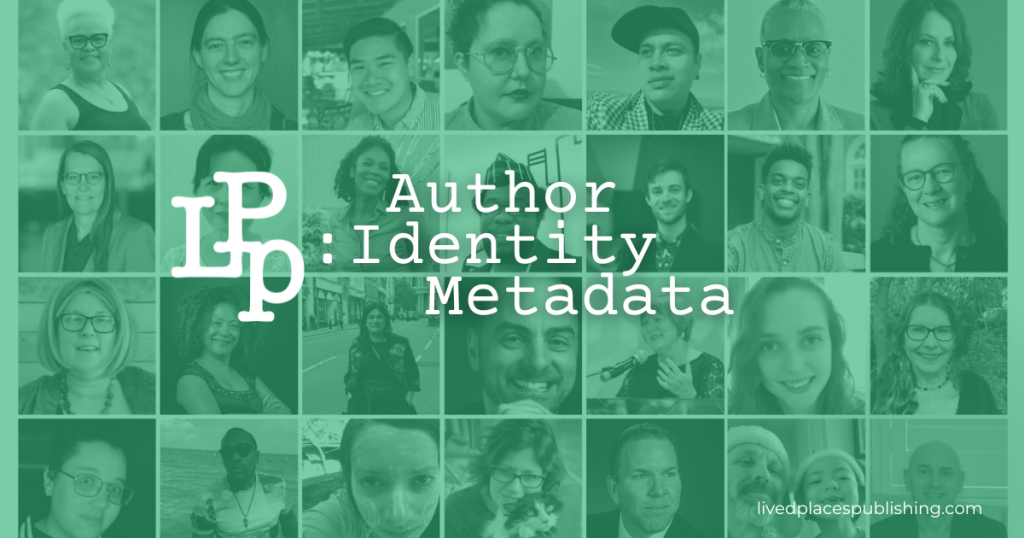I was raised by my grandparents. My grandmother was a Quaker and very active with the Friends Committee on National Legislation (FCNL), a Quaker advocacy organization for peace, justice, and environmental stewardship. I can recall my grandmother boarding flights or the train to head to Washington, DC to protest and to meet with the FCNL delegation; almost always in a call for peace. My grandfather was Jewish and a Pearl Harbor survivor. My brother and I took our swimming lessons at the local Jewish Community Center (JCC), attended B’nai B’rith summer camp, and played in the halls of the JCC for hours. I never thought of my hybrid religious upbringing as unusual; after all, the United States is nothing if not hybrid.
I attended a Quaker college and focused on international studies. During my studies, I took courses on Middle Eastern history and International Peace and Conflict. We had students at my college who had attended the Friends School in Ramallah, a Palestinian city in the central West Bank. I knew several American students who went to do service projects in Ramallah as well.
My interest in the region was driven by one-half of my “hybrid” identity, being partly Jewish. My grandfather taught me about the centuries of persecution, diaspora, and genocide that were visited on the Jewish people that must never happen again and that Israel, the state, was the bulwark against this threat. My grandmother taught me that violence and war disproportionately impact the poor and the disempowered and, though difficult, there are pathways beyond war to resolve conflict.
The Middle East has seen war, state-sponsored violence against citizens, oppression of religious and ethnic minorities, and oppression of women and the LGBTQIA community for more than a century. It is within this broader regional context that we must consider the ongoing conflict between Hamas and Israel and how best to respond as individuals and organizations.
I have noted, with sadness, the relative quiet across the academic publishing world, my domain over the course of my entire professional career. I expected more support for the Jewish people experiencing a resurgence of antisemitism in the wake of the war in Gaza, and likewise, I expected more support for the Palestinian people who have seen their towns, homes, and lives destroyed as the campaign by the Israeli military persists.
Our team at Lived Places Publishing felt it of immense importance in this moment, and for the future, that we launch a Middle Eastern Studies collection and a Jewish Studies collection so that the stories of real people experiencing their constellation of identities in troubled places would have a forum. Identity is never simple, as my background attests. The concept of place is often contested, as we now see in Gaza and Israel. Our two new collections will not shy away from telling these stories and raising up these voices.
Our position at LPP on the war and violence in the Middle East generally and Gaza specifically, is informed by my background. I believe Hamas has failed the Palestinian people and the attacks on innocent Israeli citizens on Oct 7 were an atrocity that should be loudly condemned by Palestinians and all the people of the world. I believe the war being waged in Gaza by Israel is far, far beyond any action that was called for to free Israeli hostages and seek out Hamas fighters planning further attacks. I am, fundamentally, opposed to violence and I aspire to the pacifism of my grandmother, though I fall well short of her example. The people of Palestine and the people of Israel require safe, secure, and internationally recognized homelands.
We must seek out the still and quiet light within one another that each of us encases if we are to co-exist. It is far too simple to hate and justify war and violence and it is far from right to remain silent on such matters.
—
Image: David’s grandparents



